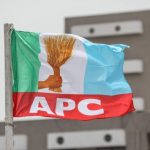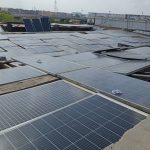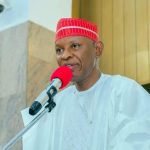For decades, Nigerian businesses have grappled with erratic and unreliable electricity supply, a situation that has pushed up operating costs and disrupted commercial activities. Kano, one of the country’s busiest commercial hubs, has not been spared.
In response, traders across the city are increasingly turning to solar power. More than 90 per cent of traders in major markets, including Kwari Market, Sabon Gari, and Kofar Ruwa, now rely on solar energy to power their businesses, drastically reducing their dependence on electricity from the Kano Electricity Distribution Company (KEDCO).
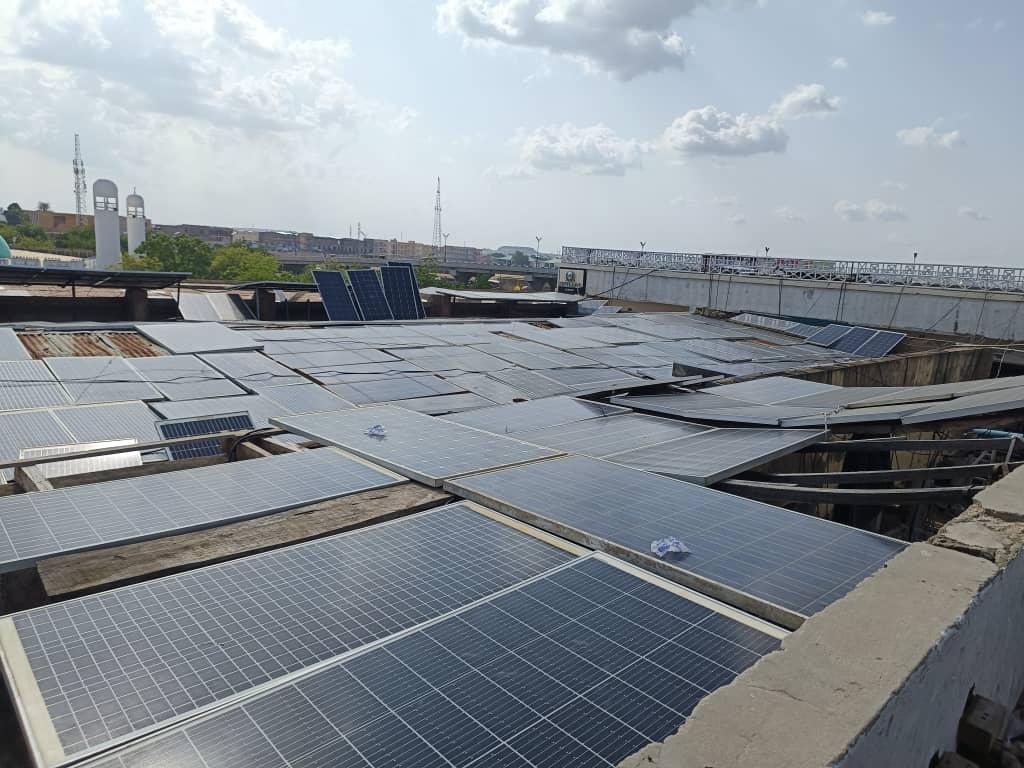
At Kano GSM Market, located in Farm Center, a small number of traders still rely on grid electricity with mixed results. Mr. Abubakar Sani, who runs a shop dealing in GSM phones and accessories, lamented the situation.
“We often face blackouts that disrupt customer service. A few business owners are still relying on electricity, while many of us are now considering solar because it guarantees uninterrupted business operations,” he told Kano Times.
For others, the transition has already brought relief. Mr. Suleiman Abdullahi, a textile trader at Kwari Market, said solar panels have transformed his business.
“Before installing solar panels, we struggled with frequent power cuts. Our generators were expensive to maintain. Since switching to solar, our business runs more smoothly, and we’ve cut down on operational costs,” he explained.
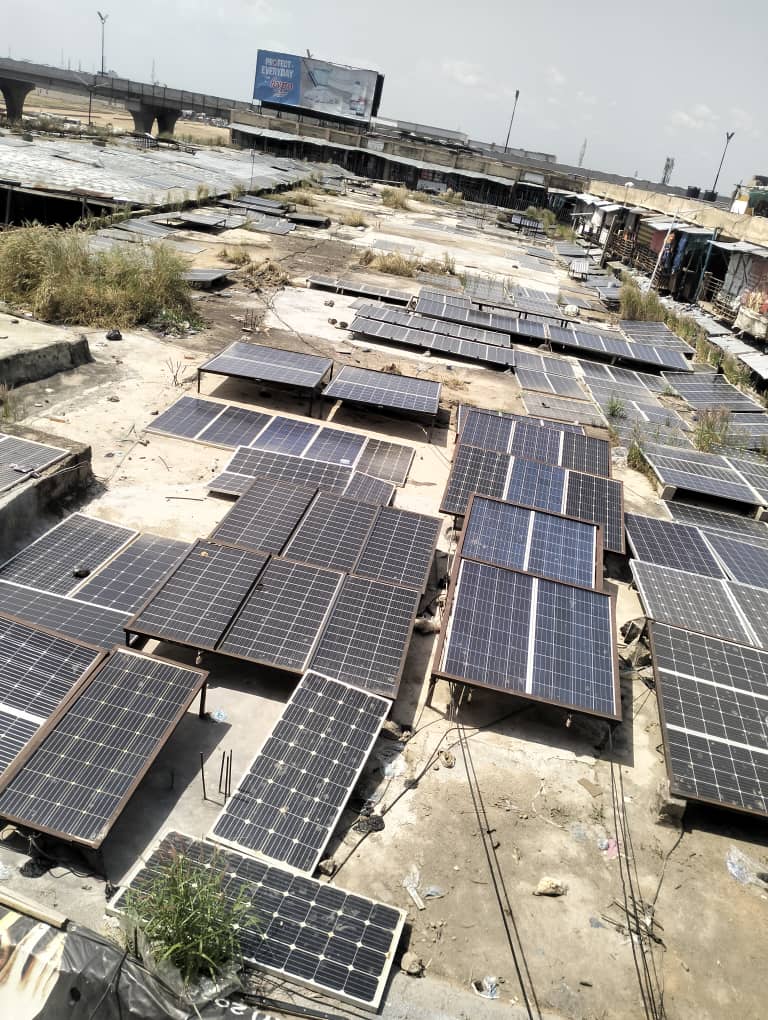
Mrs. Aisha Bello, who sells foodstuff at Sabon Gari Market, also described the benefits.
“Now, with solar power, I can serve my customers without interruptions, and my sales have improved,” she said.
At Kofar Ruwa Market, Mr. Ibrahim Musa, a shop owner, added, “We are no longer at the mercy of KEDCO’s irregular supply. Solar allows us to manage our shops efficiently.”
Officials of the Kwari Market Traders Association, who did not want to be named, confirmed that most members have invested heavily in solar technology.
“Our members have invested heavily in solar panels because relying on KEDCO alone is no longer viable. This is about sustaining our businesses,” one official noted.
Similarly, Mrs. Bose Lawal of the Sabon Gari Market Traders Association said, “The adoption of solar power is now the new standard for traders who want stability and reliability in their operations.”
Experts also highlight the environmental value of the shift. By reducing dependence on fuel-powered generators, traders are contributing to lower carbon emissions, less air pollution, and a cleaner environment—aligning with global climate change efforts.
Despite these gains, the cost of installation remains a major challenge. Many traders, however, insist the long-term benefits—steady electricity, lower generator fuel expenses, longer business hours, and sustainability—make it worthwhile.
Energy consultant, Engr. Musa Lawal Katsina, described the development as a private sector-led solution to Nigeria’s chronic electricity crisis.
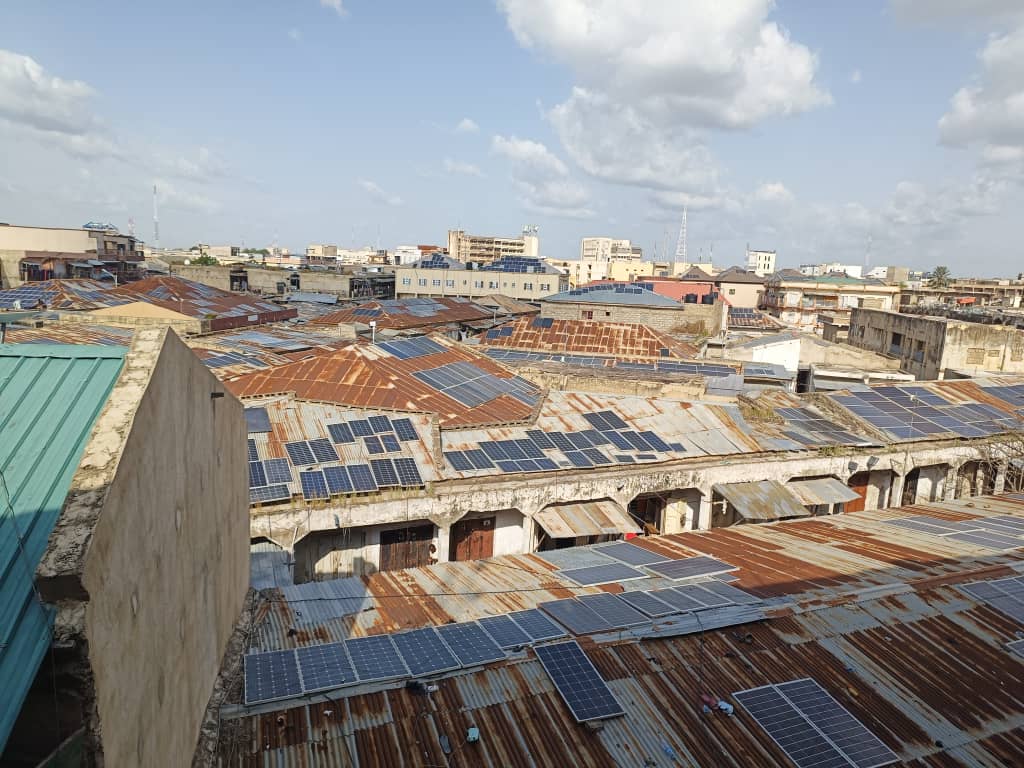
“Private sector-led energy solutions are becoming critical in Nigeria’s business landscape. If the government complements these efforts with supportive policies, businesses will thrive even amid national power deficits. At the same time, widespread adoption of solar energy contributes positively to environmental protection, which is vital for future generations,” he said.


